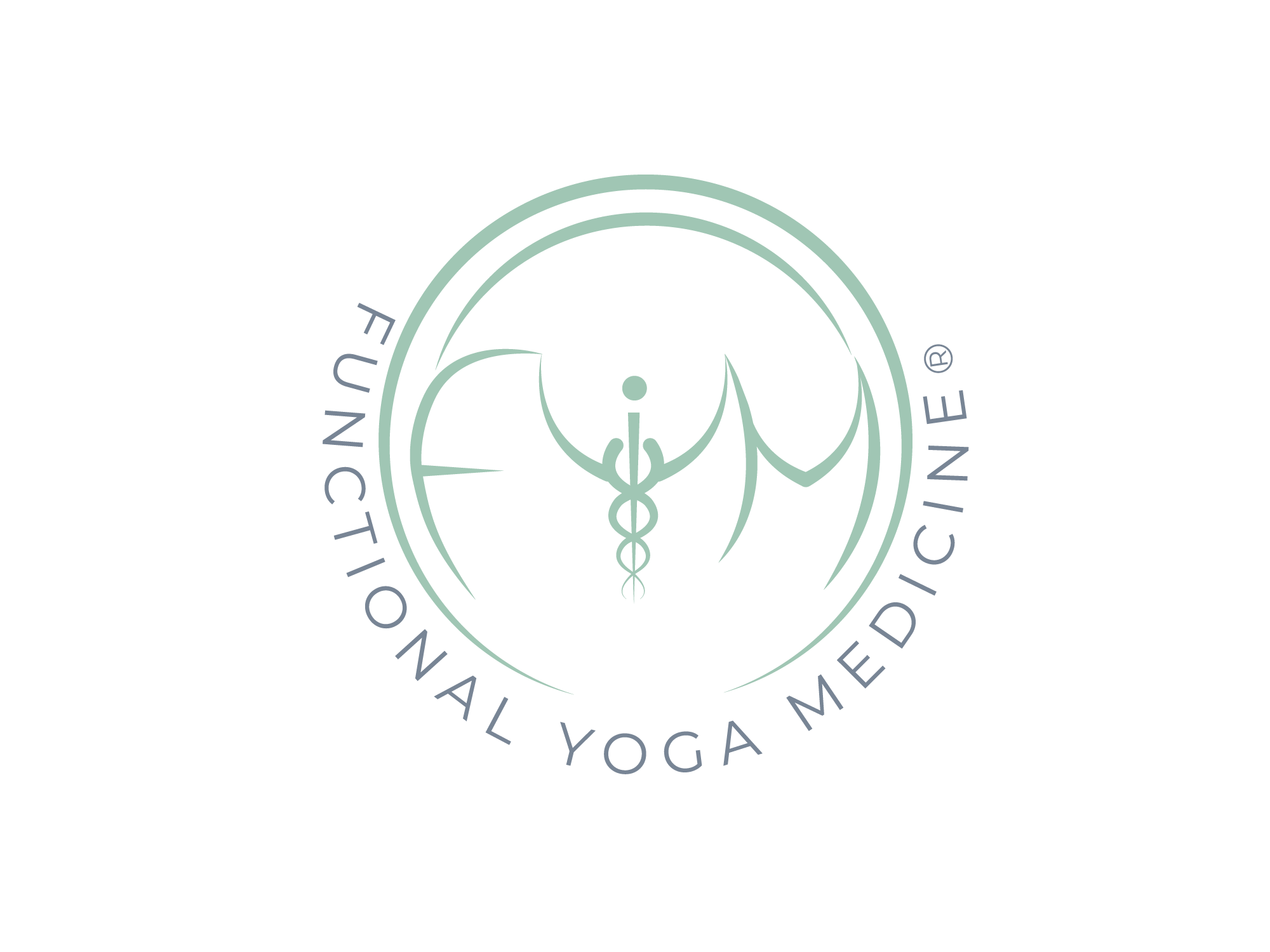Approximately 20% of adults have GERD in the western world. GERD stands for gastroesophageal reflux disease.
Symptoms can occur daily in approximately 7% of patients, weekly in 14%, and monthly in 15% to 40% of all patients.
Acid blocking meds, aka PPI’s like Nexium, Priolosec, etc., are one of the most prescribed medications in the United States.
Most importantly, chances of developing GERD after the age of 40 increases significantly.
Many patients are offered antacids as a simple solution, but the problem is that antacids are NOT a long term health solution.
Reasons for GERD
1. Impaired lower esophageal sphincter function
The esophageal sphincter serves as a reflux barrier at the gasroesophageal junction, preventing acid from the stomach from entering the esophagus.
But for those with GERD, the pressure of the sphincter is reduced.
2. Hiatal hernia
Hiatal hernia is common and typically doesn’t cause symptoms.
For patients with GERD, it increases the likelihood of symptoms.
3. Abnormal esophageal clearance
Our digestive tract is considered a smooth muscle which moves food down from esophagus to stomach to small intestine, large intestine, and finally out of the body through the rectum.
Patients with GERD have abnormal peristalsis (the contraction and relaxation of the muscles of the intestine). This negatively affects the food and prevents passage through the digestive tract.
Causes of GERD
Processed, fried foods
Spicy foods
Acidic foods like citrus and tomatoes
Alcohol
Caffeine
Smoking
Eating too close to bedtime
Stress
Obesity
Magnesium deficiency
Food sensitivites
SIBO (small intestinal bacterial overgrowth)
H. Pylori
Lack of HCl
Functional Treatment for GERD
1. Improve diet: avoid acidic foods like citrus, tomatoes, and fried foods
2. Elimination diet to avoid inflammatory foods such as gluten and dairy
3. Avoid stimulants: refrain from alcohol, caffeine, and smoking
4. Change your lifestyle: practice Yoga, avoid eating 3 hours before bed, apply intermittent fasting, eat mindfully, chew slowly
5. Take Supplements:
- Probiotics
- DGl (deglycerized licorice) which helps to coat the stomach and prevent reflux
- Glutamine
- Digestive enzymes
- HCL (betain tablets to help break down food)
- Zinc carosine
- Magnesium
If you’re not getting better and/or GERD is a chronic problem where you’ve been on PPI’s for a long time (over 5 years), it may take a while before things get better.
If the symptoms do not improve, you can get tested for:
- H. Pylori
- Celiac or gluten sensitivity
- SIBO
We can help you get to the root of your symptoms and help you to improve your health.
We offer:
- Energy Balancing
- Functional Medicine Evaluation
- Nutrition Therapy
- Yoga Therapy
- Supplement Prescription
- Transcutaneous Vagal Nerve Stimulation
We want to hear from you. Do you have GERD? How have you dealt with the symptoms?
For more information or to set up a consult, call us at 678-335-5566.
As always, please subscribe to our newsletter on alkalinewellness.com and our YouTube channel.
Follow us on Facebook, Instagram, and Pinterest.
See you next time.

